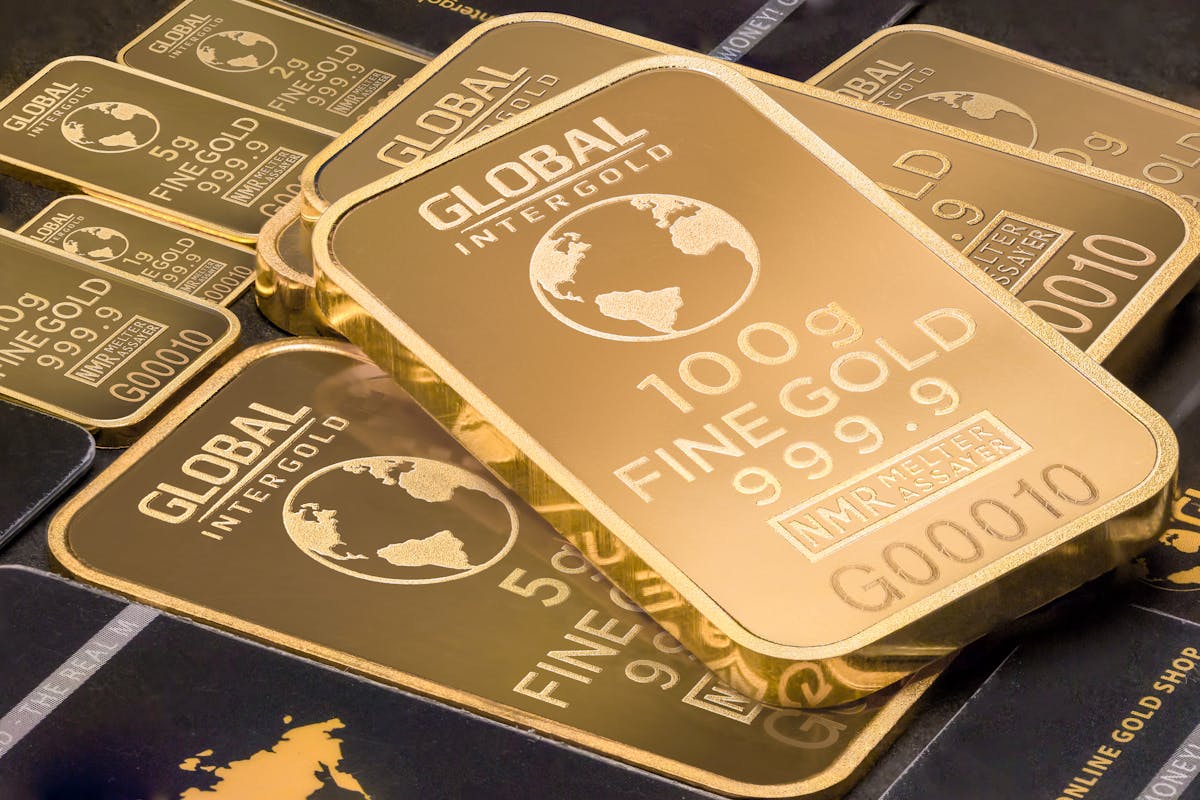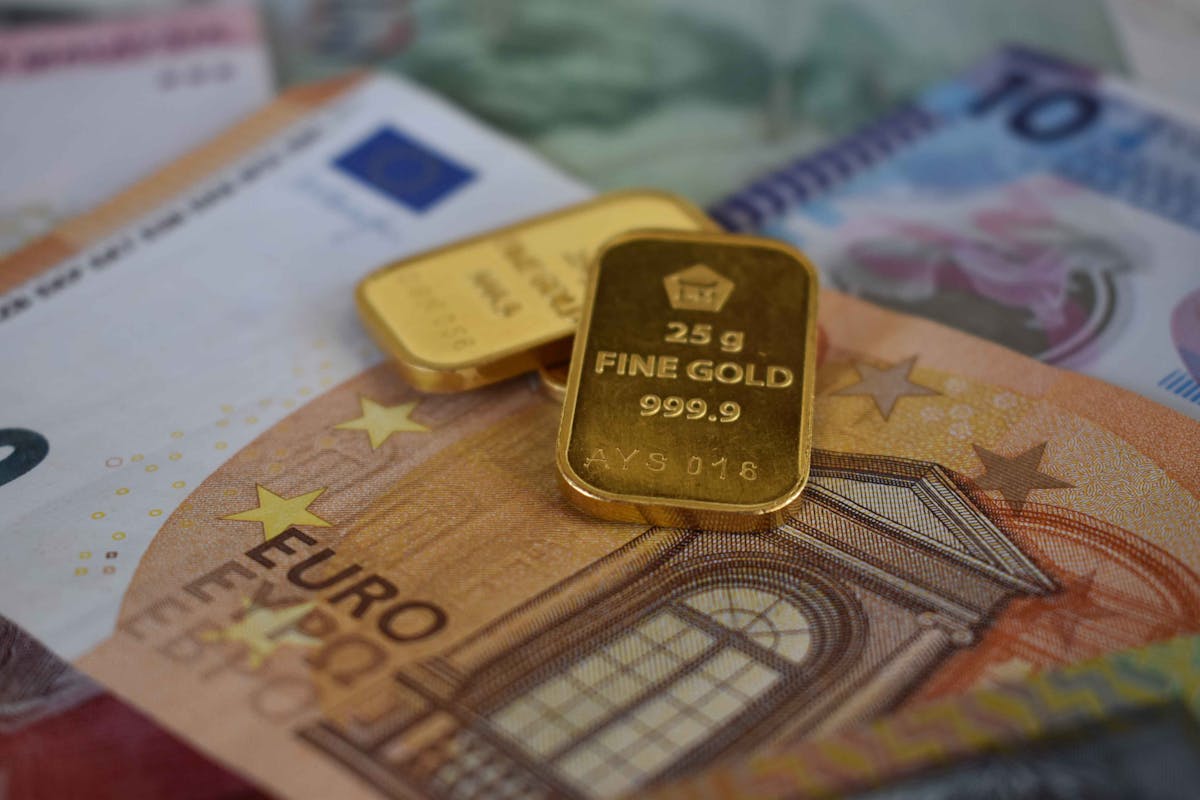
Trump’s Tariffs: Why Is Swiss Gold a Problem?
The US has imposed a 39% tariff on Switzerland – the highest among developed countries. The US administration also included billions of dollars’ worth of gold that passes through Switzerland every year in its calculations.
Why was Switzerland hit with a 39% tariff?
Washington's argument is simple. They believe that US trade partners have broad access to the American market, while often restricting access to their own markets, creating lasting trade imbalances.
In Switzerland’s case, President Donald Trump objected to the fact that the US has a trade deficit of $48 billion with that country, which he says proves that Swiss companies are “taking advantage” of the US. Because of this, and Switzerland’s alleged unwillingness to resolve that imbalance, he imposed a much higher tariff on Swiss imports than on imports from the EU (15%).
At a rate of 39%, this tariff is the highest among developed countries and could cause serious damage to Switzerland: Around 18% of Swiss exports went across the Atlantic last year.
Despite intensive negotiations and a visit to Washington by President Karin Keller-Sutter, she failed to secure a meeting with Trump, instead meeting with Secretary of State Marco Rubio, who does not oversee trade policy, and returned home empty-handed.
The new tariffs have been in force since Thursday (August 7, 2025) and mainly affect luxury and consumer goods — watches, skincare products and cosmetics, precision instruments, and chocolate are expected to become significantly more expensive in the US — reports Danas.
Why is Swiss gold a problem?
The Swiss gold refining sector has come under the spotlight because it plays a surprisingly large role in the economy, which makes the trade imbalance look bigger on paper.
The US administration included billions of dollars’ worth of gold that pass through Switzerland every year in its tariff calculations.
At first glance, it seems that Switzerland is making a fortune refining gold from Africa, Asia, Australia, and South America. More than 2,000 tonnes of gold are imported annually, mostly from intermediary banks such as KOFHandel in London, New York, and elsewhere, and then re-exported.
Despite being the largest center for fine gold refining in the world, the Swiss sector is small — there are only five large refining plants employing around 1,500 people. Although the value of the metal is enormous, the profit from refining it into bullion, investment coins, and precision components for watches, electronics, and jewelry is minimal.
The sharp rise in global demand for gold has further increased refining in Switzerland, distorting trade statistics even more.

“Although gold exports have attracted attention due to their sharp rise this year, historically Switzerland has had a trade deficit in gold with the US, so gold is not a key factor in its structural surplus with the US,” said Adrian Pretidjon, European economist at Capital Economics.
Is Washington misrepresenting gold trade?
The Swiss National Bank (SNB) argues that gold should be excluded from US trade balance calculations, as gold refineries earn only a small processing fee.
Most of the value comes from the gold itself, not from Swiss labor or production, the SNB notes.
Although the total value of gold trade between Switzerland and the US in the first quarter of this year exceeded $36 billion, the industry earns only a few hundred million in profit annually.
Despite calls for gold to be excluded from trade balance statistics, Washington so far shows no willingness to change course.
How has the Swiss business community reacted?
Manufacturers unrelated to gold claim they will suffer the most from the new tariffs, even though they are largely not responsible for the imbalance. The business association Economie Suisse has urged the government to continue negotiations to reduce tariffs, which could seriously affect economic growth.
Hans Gersbach, an economist at the Zurich-based KOF Institute, estimates that these duties could reduce Switzerland’s GDP by 0.3% to 0.6% over the next year if they persist.
Swiss products will soon no longer be competitive in the US market compared to goods from the EU or the UK.
London-based Capital Economics estimates that negotiators will likely lower the 39% rate, but that Switzerland will have to accept a higher rate than the EU currently has.
How will Switzerland respond to Trump’s tariff?
The Swiss government has stated that it is not currently considering countermeasures, but will focus on relief measures for exporters and continued negotiations with the US.
To show goodwill, the government in Bern last year removed tariffs on almost all US imports. There was even discussion of importing US liquefied natural gas (LNG), even though Switzerland is landlocked, making logistics difficult.
Now, more voices are calling for countermeasures. Green Party leader Lisa Macone has proposed a 5% export tax on precious metals to neutralize the effect of Trump’s tariffs.
What will be the impact of the new tariffs on global gold trade?
The 39% tariff could even increase global demand for gold, as investors seek “safe havens” in uncertain times.
However, broader trade disputes have increased the costs of transporting, insuring, and financing gold transactions — and these could rise further.
Gold is often shipped in small, high-value consignments, so even minor route changes, as recently during Red Sea attacks, can add thousands of dollars per shipment.
These costs will not destroy the gold sector, but will reduce its already modest profit margins.
“With a 39% tariff, gold bullion exports to the US will certainly be halted,” Christophe Wild, president of the Swiss Association of Precious Metals Manufacturers and Traders, told Reuters.





